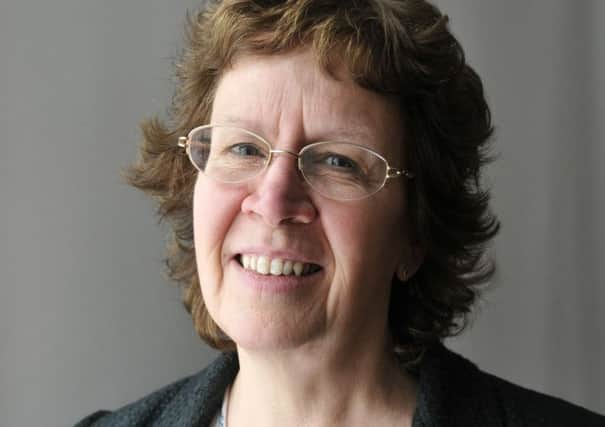Region’s schools can become ‘best in world’


A major summit has been held bringing together the region’s 15 local education authorities along with head teachers, colleges, universities and businesses to launch a Yorkshire-wide school improvement plan.
Yorkshire traditionally delivers the worst results as a region in primary school tests, GCSEs and the number of schools Ofsted rates as being less than good.
Advertisement
Hide AdAdvertisement
Hide AdThe school improvement plan is being led by Prof Mel Ainscow who has been conducting an inquiry into the challenges facing schools in the region.
He previously led the Greater Manchester Challenge – a school improvement programme which has been credited with raising standards across its 10 education authority areas.
At yesterday’s Yorkshire and Humber Education Summit, he said getting schools to work in partnership – possibly across council boundaries – would be the “ game changer” in delivering success.
The school improvement work is starting with 25 pathfinder schools, which will be given expert help to improve over the next six months. The schools chosen are currently not yet rated as good by Ofsted but are improving.
Advertisement
Hide AdAdvertisement
Hide AdThe idea behind the scheme is help accelerate that progress and learn lessons along the way.
Prof Ainscow said results of a six-month study would be analysed before recommendations were given to town hall bosses about how to roll out the school improvement programme further.
The 25 schools have been put into four families which will share ideas. These are primaries, West Yorkshire secondary schools, South Yorkshire secondaries and secondaries from North and East Yorkshire and North Lincolnshire.
Emulating Yorkshire’s sporting success was a theme throughout yesterday’s conference. At the start of the event Leeds City Council’s deputy director of children’s services Paul Brennan said that had Yorkshire been an independent nation it would have been ranked 12th on the Olympic Medal tables in London 2012.
Advertisement
Hide AdAdvertisement
Hide AdHe added: “And we would have been one of the very best in the world in terms of medals per head of population.”
Speakers at the event included Baroness Sue Campbell who as chair of UK Sport helped to take Great Britain from tenth in the Olympic Medal table to third in 2012. The former PE teacher told the audience at Leeds Town Hall that transforming results depended on those in the system “really believing it was possible”.
She said that system wide improvement had to be “a collaborative endeavour” and added: “Colloboration does not mean those who are good helping those who are not-so-good it is about everyone believing they have something to contribute and wanting to come to the table.”
She also urged school leaders to find the marginal gains that existed in the system and she told heads to ask their staff: “What do you do? What could you do if all constraints were taken away and what is stopping you?”
Advertisement
Hide AdAdvertisement
Hide AdThe central theme of the conference was a debate around ‘What is education for in 21st century Yorkshire?’
The event was opened by year 11 pupil Sile Sibanda from Rawmarsh Community School, in Rotherham, who said she believed education was about giving young people a “foundation for life”.
Prof Margaret House, the vice chancellor of Leeds Trinity University, spoke on behalf of the region’s higher education sector. She said that more needed to be done to ensure adults could access higher education amid falling participation and a skills shortage in Yorkshire. Other speakers included Lord Baker who called for more technical education.
Coun Judith Blake, deputy leader of Leeds City Council, has played a lead role in the Yorkshire wide plan for school improvement. She said: “Yorkshire has a wealth of resources and successes across business, sport, the arts and learning, so it makes sense to join forces to tackle issues of under achievement which some parts of the region face. There is a genuine commitment to address the needs of children and young people and to meet the needs of employers, higher and further education.”